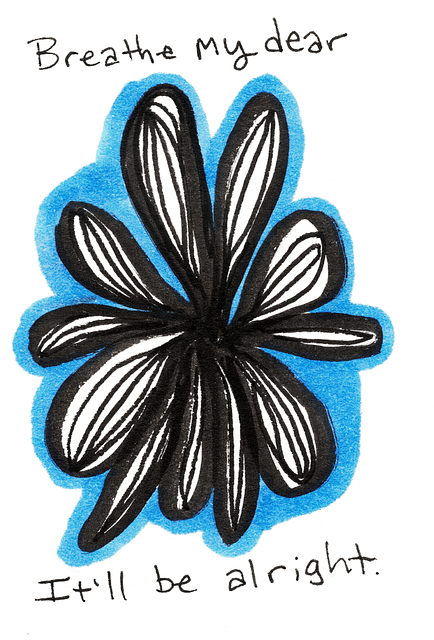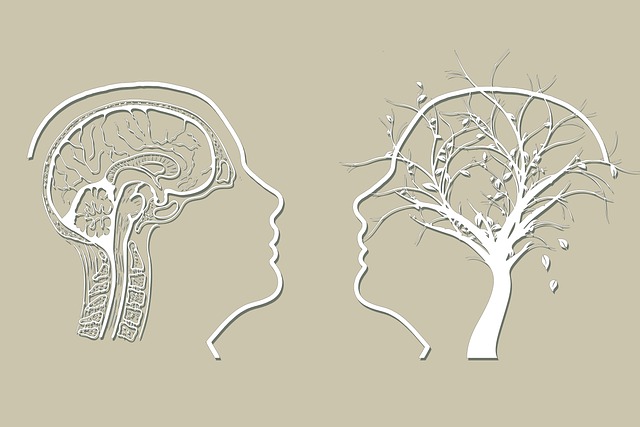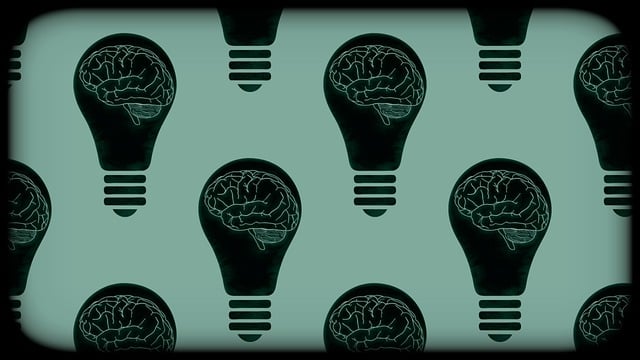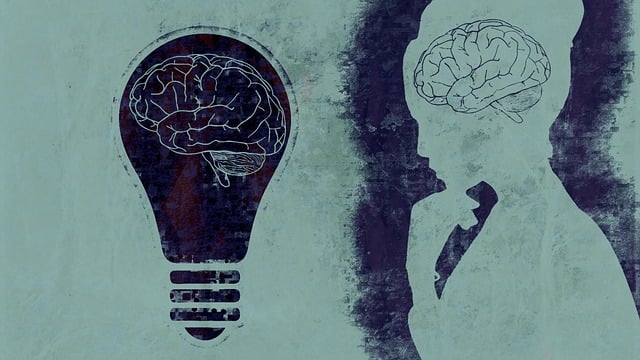Coping skills are vital for managing life's challenges, including Arvada spiritual-religious issues and therapy. Effective strategies like conflict resolution training empower individuals to handle stress and anxiety, preventing burnout. Arvada Spiritual-Religious Issues Therapy provides a safe space to explore faith, offering personalized coping mechanisms and community support. By integrating spiritual practices with psychological tools, this approach enhances emotional well-being, fosters resilience, and promotes tailored coping skills for navigating life complexities.
Coping skills are essential tools for navigating life’s challenges. This article guides you through developing robust coping mechanisms, promoting mental well-being. We explore the significance of understanding personal coping skills and their role in resilience.
It delves into unique spiritual-religious resources tailored to Arvada residents, offering solace and guidance. We discuss therapy as a powerful supportive tool for managing stress and anxiety. Furthermore, practical strategies are provided for daily application, fostering self-care.
Finally, learn how to sustain and enhance long-term resilience through consistent practice, ensuring a more balanced and fulfilling life.
- Understanding Coping Skills and Their Significance
- Identifying Individual Spiritual-Religious Resources
- Exploring Therapy as a Supportive Tool
- Practical Strategies for Daily Application
- Sustaining and Enhancing Long-Term Resilience
Understanding Coping Skills and Their Significance

Coping skills are the strategies we use to navigate life’s challenges and maintain mental wellness. They play a pivotal role in our overall well-being, particularly when dealing with Arvada spiritual-religious issues or undergoing therapy for related concerns. Effective coping mechanisms help individuals manage stress, anxiety, and difficult emotions, preventing burnout and fostering resilience. By learning and developing these skills, one can enhance their ability to resolve conflicts and navigate life’s complexities with greater ease.
The significance of coping skills becomes particularly evident in the context of modern-day stressors such as work pressures and personal challenges. Mental wellness coaching programs often focus on developing these skills to empower individuals. Through various techniques like conflict resolution training, individuals can learn to address issues constructively, reducing the negative impact on their mental health. Understanding and investing in coping skills development is a proactive approach to enhancing one’s ability to handle life’s twists and turns, ensuring overall well-being and personal growth.
Identifying Individual Spiritual-Religious Resources

Identifying personal spiritual or religious resources can be a powerful tool for coping with life’s challenges. For many individuals in Arvada seeking to navigate spiritual-religious issues, therapy can provide a safe space to explore and strengthen their faith or find new sources of comfort and resilience. This process involves delving into one’s beliefs, practices, and the sense of connection that brings meaning and purpose. Through professional guidance, individuals can learn to integrate these spiritual elements into their coping strategies for better mental wellness.
In today’s world, where burnout prevention is a growing concern, recognizing and harnessing the power of spiritual-religious resources can significantly contribute to overall mental wellness. The Mental Wellness Podcast Series Production highlights this very aspect by showcasing diverse paths to healing and resilience. Whether through prayer, meditation, or community involvement, these practices offer alternative ways to cope with stress and promote a deeper sense of inner peace.
Exploring Therapy as a Supportive Tool

In today’s fast-paced world, coping skills development is an essential aspect of maintaining emotional well-being. Among various tools available, therapy stands out as a supportive and effective method, particularly when addressing Arvada spiritual-religious issues. Many individuals often turn to therapy to explore their beliefs, manage stress, and cope with life challenges while fostering empathy building strategies within their communities.
Arvada Spiritual-Religious Issues Therapy offers unique benefits by integrating faith and psychological practices. Through this approach, individuals can enhance mood management techniques, gain insights into their spiritual struggles, and discover personalized coping mechanisms. By engaging in therapy, one learns emotional well-being promotion techniques that are tailored to their specific needs, ultimately empowering them to navigate life’s complexities with greater resilience.
Practical Strategies for Daily Application

Incorporating coping skills into daily life is a powerful tool for managing Arvada spiritual-religious issues and therapy. Start by identifying triggers—situations or emotions that often lead to stress or anxiety. Once identified, individuals can proactively develop strategies to address them. Simple techniques like deep breathing exercises, mindfulness meditation, and progressive muscle relaxation are highly effective in calming the mind and body. These practices can be easily integrated into daily routines; whether it’s taking a few minutes during morning coffee to center oneself or using guided meditations during breaks at work.
Community support is another vital aspect of coping skills development. Engaging with like-minded individuals through Stress Management Workshops offered by local organizations or participating in a Community Outreach Program Implementation can provide a safe space for sharing experiences and learning new techniques. These group settings offer a sense of belonging and foster a supportive environment, making it easier to apply coping strategies collectively. Regular attendance at such gatherings can significantly enhance one’s ability to navigate life’s challenges with resilience.
Sustaining and Enhancing Long-Term Resilience

In the journey towards long-term resilience, individuals often discover that incorporating Arvada spiritual-religious issues therapy into their coping skills development is a powerful tool. This therapeutic approach not only helps in processing and managing emotions but also fosters a deeper sense of connection to oneself and one’s beliefs. Through guided practices and discussions, individuals learn to tap into their inner strength and wisdom, which are crucial components for enhancing resilience over time.
Additionally, the integration of communication strategies and mind over matter principles plays a significant role in sustaining this resilience. Effective communication allows for the expression of feelings and thoughts, ensuring that no emotional baggage builds up. Simultaneously, understanding and applying self-care routine development for better mental health equips individuals with the tools to regulate their emotions and maintain a balanced mindset. These combined strategies enable people to navigate life’s challenges more effectively, ultimately strengthening their resilience in the long run.
Coping skills development is a multifaceted process that involves understanding one’s spiritual-religious resources, leveraging therapy as a supportive tool, and adopting practical strategies for daily application. By integrating these elements, individuals in Arvada can enhance their resilience and navigate life’s challenges more effectively. Whether through exploring spiritual beliefs, engaging in therapeutic practices, or implementing practical coping techniques, the journey towards emotional well-being is accessible to all.










